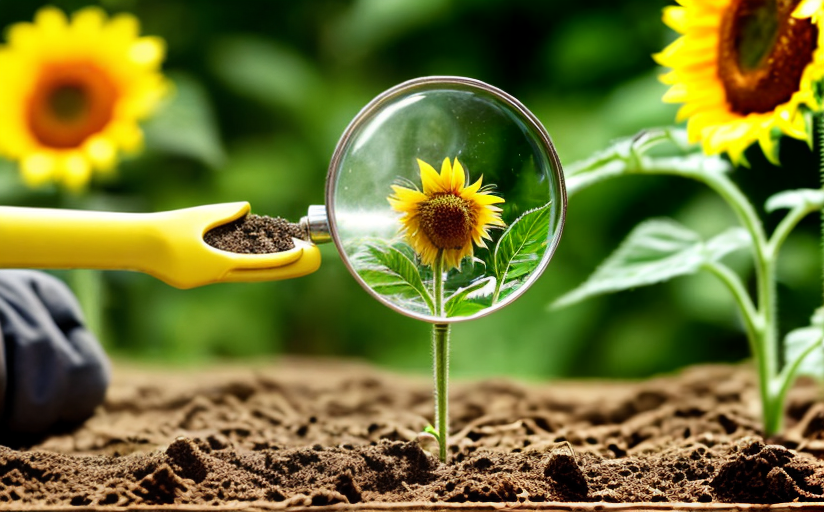The Integration and Effects of Using Genetically Modified Seeds in Home Gardening
In the discourse of home gardening, a ground-breaking advent in recent years has been the incorporation and use of genetically modified (GM) seeds. Yet, it carries some potential drawbacks, stirring ceaseless debate globally. This article seeks to shed light on the GM seeds in home gardening discussing the origins, advantages, potential perils, and controversies surrounding them.
The Genesis of Genetically Modified Seeds
GM seeds are a product of the scientific revolution in biotechnology to augment crop yield, nutritional quality, and resistance against diseases and pests. The purpose is achieved by manipulating and altering the genetic makeup of the seeds. This technological leap has allowed home gardeners to enhance their capability dramatically.
The Boons of Using GM Seeds in Home Gardening
The unequivocal advantage of using GM seeds is an improved yield. Accompanied by enhanced resistance against pests and diseases, GM crops offer an economical and less labor-intensive alternative to traditional gardening methods. Furthermore, they often need fewer resources such as water leading to sustainable and environment-friendly gardening.
Drawbacks and Controversies Surrounding GM Seeds
However, the promises of GM seeds are also met with skepticism due to potential environmental and health implications. Critics argue that GM crops may pose unknown long-term effects on human health. On the environmental side, there's concern over the unintentional promotion of 'superweeds,' resistant to herbicides, through the cross-pollination with GM plants.
The Ethical Quandary
A poignant question underpins the debate - where is the line between harnessing science to improve our daily life and intruding mother nature's realm? The answer is far from unanimous. While some see GM seeds as a harmless tool for home gardeners, others view it as an inappropriate interference with nature's course, leading to unpredicted ramifications.
The Scientific Viewpoint
Many studies favor the safety and benefits of GM foods. For example, a review by the National Academy of Sciences in 2016 found no substantial evidence of a difference in risks to human health between GM and conventional crops. Yet, the long-term effects are still a matter for investigation.
Conclusion
The use of GM seeds in home gardening is indeed a double-edged sword showing potential for improved crop yield and sustainability, yet with potential disadvantages and ethical dilemmas. Therefore, a balanced understanding and cautious approach are imperative in exploring this new frontier of home gardening.


















Comments
Leave a Comment